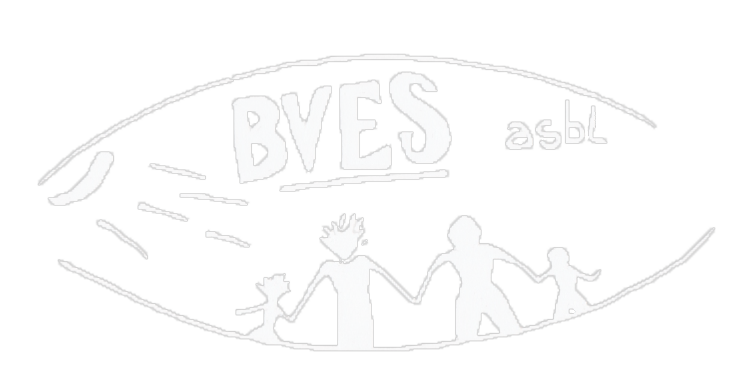News BVES
March 2011
Report from the 100th International Women’s Day at BVES: “Prioritizing
young girls’ rights – for a peaceful and developed DRC”
BVES calls on the government of the DRC, and the national and international
communities to pay special attention to the situation of young girls’ rights in
order to be able to promote the overall status of women in the DRC with
increased efficacy.
The BVES Centre for the Protection of Young Girls’ and Women’s Rights (CPDJF)
has worked since 1997 to improve the status of women from birth. From the moment
of birth, women in the DRC are conditioned by discrimination, exploitation, are
without access to schooling or were even removed from education during the
Mobutu regime. At every stage of their lives, women are recognized as the main
victims of the armed conflicts which have plagued the DRC since the 1990s.
On the 8th of March 2011, as every day, 124 female BVES volunteers work
tirelessly to contribute to the promotion, protection and defence of the rights
of 3500 girls living in particularly difficult conditions in Sud-Kivu in the
DRC.
BVES firmly believes that offering education and health opportunities, equality
and protection to young girls from birth would be not only a very profitable
long-term human investment but also a vital contribution to the development and
reconstruction of sustainable peace in the DRC.
From Bukavu, 08/03/2011
From BVES, Bukavu, Sud-Kivu, DRC:
This Saturday the 11th of February 2011, marks the commemoration of the
anniversary introducing the CDE Optional Protocol on the involvement of children
in armed conflicts. It is a campaign launched by BVES against the recruitment
and use of children by armed forces and groups in collaboration with UNICEF,
MONUSCO and the Coalition to end the use of Child Soldiers that is in its
thirteenth day of action.
- Public and community awareness campaigns have been organised in the districts of
Kalehe, Fizi, Uvira and Kabere and the in the city of Bukavu.
- 26 children associated with armed groups and forces (EAFGA) have been identified
and pulled out of the armed FRF (Federalist Republican Forces) group as part of
the integration process into the FARDC (Military of the Democratic Republic of
the Congo) in Fizi and Bukavu. Even though there is still much to do in the
challenge of withdrawing as many children as possible from the FRF, it’s an
extraordinary result to have pulled out so many of these children, mainly
ethnically Banayamulenge, since 1997! These children removed from armed forces
and groups (ESFGA) are already living peacefully with other ESFGAs of different
ethnicities at the BVES Transit and Orientation Centre in Bukavu, and they all
celebrated yesterday’s anniversary together!
- Yesterday a press conference was organized in Bukavu for 18 journalists from 15
radio and television channels covering this important awareness campaign and
appeal, in which the DRC state military and police also participated. A joint
press release was strategically read by the chief of MONUSCO (UN Stabilization
Mission in the DRC)! Some sixty guests actively participated in the press event.
- Three banners were hung in key locations around the city of Bukavu with the
message of the day; “Children in armed groups and forces – victims, not
perpetrators: fight against the use of children in adults’ wars”!
As we await the results of the campaign, of which the evaluation is set for the
28th February 2011, we would like to thank you for supporting the issue of
recruitment and use of children by armed forces and groups is now in the
spotlight in Sud-Kivu and throughout the DRC.
Let’s continue to work together so that we may one day fulfill our aim of zero
children associated to armed forces and groups in the DRC.
|

